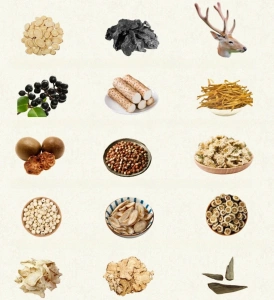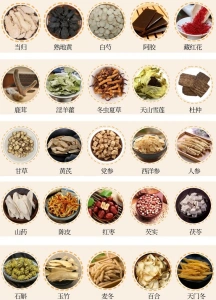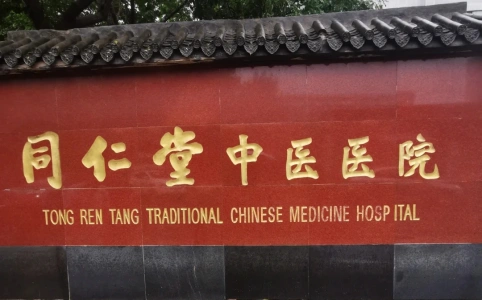
Traditional Chinese Medicine (TCM) is a medical practice with thousands of years of history, treating and preventing diseases by balancing the body’s internal energy. The theoretical foundations of TCM include the concepts of Yin and Yang, the Five Elements, and the vital energy “Qi.” These principles guide practitioners in treating patients through herbs, acupuncture, massage, and dietary adjustments.

Traditional Chinese Medicine advocates for prevention over cure, emphasizing maintaining health through the balance of Qi and blood and the harmony of Yin and Yang. It is particularly effective in treating chronic conditions such as digestive system diseases, respiratory diseases, and autoimmune disorders. Moreover, TCM plays an increasingly important role in modern healthcare, being used more and more for everyday health management and disease prevention.

Disclaimer: This article does not hold responsibility for the efficacy or side effects of any herbs. Please consult a professional doctor before trying Chinese medicine. Chinese medicine uses a variety of herbs that are categorized for their specific healing properties. Here are some common herbs and their main functions:
According to TCM theory, people should adjust their dietary habits according to the seasons to promote health. In spring, eat more sprouting green vegetables to clear the liver and dispel wind; in summer, consume more fruits to clear heat and generate fluids; in autumn, eat pears and honey to moisten dryness; in winter, consume more black beans and black sesame to nourish yin and store yang.

In China, there are many official TCM hospitals where doctors have undergone years of study and obtained national certification; these are the professionals you can consult. Among the many TCM hospitals, “Triple A” hospitals (top-tier hospitals) are the highest level, and I recommend consulting at these facilities. Additionally, hospitals in China are state-run and serve everyone, so the prices are not high, and even the top-tier Triple A hospitals are affordable for the average visitor.
Discover rich Chinese traditions and cultural practices through festivals, customs, and history.
